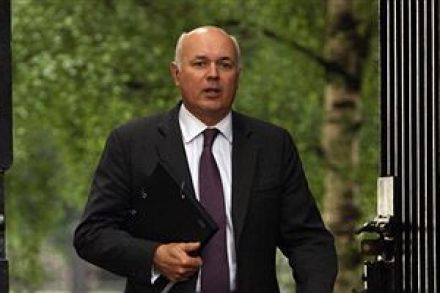Prime Minister Tony Hayward?
How many Americans know anything about David Cameron? Well, back in early July not many of them – or at least not many of those sampled by Pew – could identify the Prime Minister of Great Britain*. On a multiple choice question. When the other choices available were: Richard Branson, Tony Hayward or Angela Merkel. Only 19% selected Dave… Yes, yes, it’s meaningless. But it’s August people. This is the time for meaningless nonsense. *It’s not impossible that if the question had been about the “Prime Minister of England” a few more people might have come up with Cameron’s name. Then again, looking at the cross-tabs, only 38% of college














